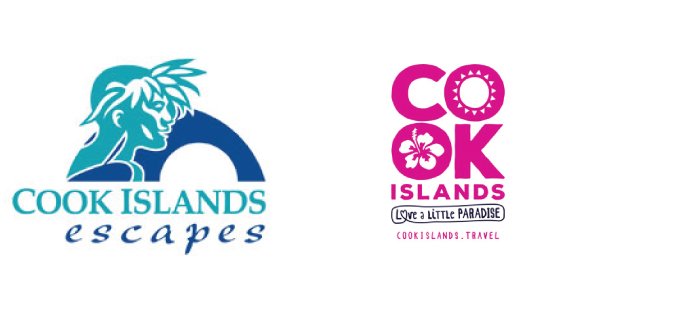Cook Islands Travel Tips & Advice
Below you will find great traveller tips to help you prepare for your Cook Islands travel and holiday escape.
Banking & Currency
The unit of currency is the New Zealand dollar, supplemented by notes & coins minted for local use (not negotiable outside the Cook Islands). Both Westpac and the ANZ Bank operate in Avarua between 9am-3pm Monday to Friday. In addition, visitors can change travellers cheques and major currencies at larger stores, hotels and the airport. ATM facilities are conveniently located around Rarotonga and Aitutaki.
Climate
Warmth and sunshine can be enjoyed year round. The drier, cooler season runs from April to November with an average temperature of 25°C. The warmer, more humid season runs from December to March with an average temperate of 29°C. Rainfall is more prevalent during the summer months. The water temperature is pleasant year-round.
Dining Out
There are many and varied eateries ranging from gourmet cuisine to friendly takeaway bars and island-style cafes. The food selection includes superb international cuisine to the old favourites – Chinese, Italian, Indian, and Continental.
Dress
Light casual clothing is appropriate all year round, with a light sweater for cooler evenings. Brief attire such as bikinis is not acceptable in the towns or villages and nude or topless sunbathing is prohibited. A respectable standard of dress is required if attending a church service.
Electricity
240 volts / AC50 cycles. Power points can accept 3-pin angled plugs as used in Australia.
Entry Requirements
When organising your Cook Islands travel please note that Australian passport holders do not require a visa for stays of less than 31 days, however, passports must be valid for at least 6 months beyond your intended period of stay. A return or onward ticket is also required.
Health
No vaccinations are required to enter the Cook Islands all Covid restrictions have been removed and only if you are arriving (or transiting) within 6 days of visiting an area infected with Yellow Fever. However, we recommend you discuss your health needs with a doctor prior to the commencement of any travel. Medical and dental services are available 24 hours a day.
There are no poisonous animals or insects in the Cook Islands although mosquito repellent is advisable.
Travel Insurance
Travel Insurance is highly recommended for all travellers to the Cook Islands. To ensure you have financial cover in the event that travel plans need to be changed due to COVID-19. Please ensure you fully understand what your Travel Insurance policy covers and whether it covers cancellation fees and amendments should you become ill. Inclusive of medical coverage including pandemics as a stipulation.
If you or a family member tests positive for COVID-19 during your stay, appropriate insurance will be needed to cover costs related to room relocation and booking extensions, rebooking airline tickets and any associated medical costs.
Language
Cook Islands Maori is the local language although everyone speaks English.
Religion & Church
Cook Islanders are devout Christians and Sundays are regarded as a day of rest. Very few shops or tourist activities open on a Sunday. There are several denominations who welcome visitor’s attendance at church.
Shopping
Business hours are 8am-4pm Monday to Friday and 8am-12 noon on Saturday. The main shopping area is in downtown Avarua where visitors will find unique black pearls, quality handcrafts, island art and colourful clothing. The local Punanga Nui Market comes alive every Saturday from 6am to midday with plenty of variety and bargains to be had. The market is also a great place to sample some of the local dishes including home-baked coconut rolls, eke (octopus) and ika mata (marinated raw fish).
Transportation & Driving
The island of Rarotonga is only 32km in circumference and it takes about one hour to travel right around. There are two main roads on Rarotonga – you can circle the island on the Ara Tapu sealed road through the villages and past the beaches, or you can take the older inland road which winds through local farmland.
The motor scooter is a popular, fun way to see the sites, however, motorbikes, cars and jeeps are also available for hire. The ‘Island Bus’ offers a convenient low-cost method of transport, operating a regular schedule around the island (in both directions). It will pick you up and set you down anywhere on request.
Driving is on the left-hand side of the road and visitors from Australia can now drive in the Cook Islands using their overseas license. Note, if you want to ride a scooter or motorbike and do not hold a valid motorcycle license, you will have to obtain a Cook Islands Driving License which involves a practical test at the Police Station in Avarua and payment of NZ$20 license fee and NZ$5 practical fee.
Tipping
Tipping is not a custom in the Cook Islands.
Time
The Cook Islands lie to the east of the International Date Line, 20hrs behind Australia (AEST).
Water
Some visitors prefer to boil water before use, however, most hotels have water filter systems. Bottled water is readily available from local shops.






